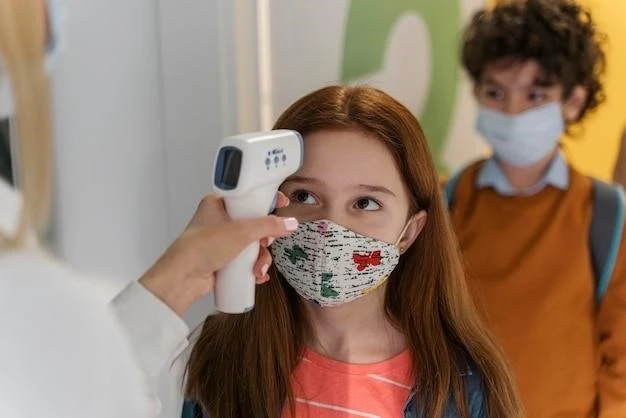Symptoms of Carnevale-Krajewska-Fischetto Syndrome
Common signs include craniofacial abnormalities and intellectual disabilities.
Overview of Symptoms
Carnevale-Krajewska-Fischetto Syndrome symptoms typically involve facial anomalies, developmental delays, eye issues, heart defects, and hearing problems. Additional features may include cleft palate, hypoplastic nose, and limb abnormalities.
Causes of Carnevale-Krajewska-Fischetto Syndrome
A mutation in the CDON, BOC, or SRGAP1 genes is responsible for this syndrome.
Genetic Mutation
The genetic mutation associated with Carnevale-Krajewska-Fischetto Syndrome affects the normal development of certain structures during embryonic growth, leading to the characteristic features and health issues observed in individuals with this condition.
Diagnosis of Carnevale-Krajewska-Fischetto Syndrome
Diagnosis involves clinical evaluation, genetic testing, imaging studies, and molecular analysis.
Evaluation and Testing
Healthcare providers conduct thorough physical exams, genetic tests, imaging scans, and developmental assessments to diagnose Carnevale-Krajewska-Fischetto Syndrome accurately. These evaluations help determine the extent of physical anomalies and cognitive impairments present in affected individuals.
Treatment Options for Carnevale-Krajewska-Fischetto Syndrome
Management strategies focus on addressing individual symptoms and supporting overall well-being.
Management Strategies
Individuals with Carnevale-Krajewska-Fischetto Syndrome benefit from a multidisciplinary approach that may include corrective surgeries for physical anomalies, early intervention services, educational support, and ongoing medical care to address specific needs. Additionally, speech and occupational therapies play a crucial role in improving the quality of life for affected individuals.
Prognosis and Outlook for Carnevale-Krajewska-Fischetto Syndrome
Individuals’ long-term outlook varies based on the severity of symptoms.
Long-Term Prognosis
The long-term prognosis for individuals with Carnevale-Krajewska-Fischetto Syndrome depends on the management of symptoms and the provision of appropriate support services. Early interventions, ongoing medical care, and access to specialized therapies can significantly impact the quality of life and overall well-being of affected individuals in the long run.
Research Advancements in Carnevale-Krajewska-Fischetto Syndrome
Ongoing studies aim to improve understanding and management of this rare condition.
Current Studies and Findings
Current research focuses on identifying additional genetic factors contributing to the syndrome, exploring potential treatment options, and enhancing support networks for affected individuals and their families. Findings from these studies aim to improve the overall care and outcomes for individuals living with Carnevale-Krajewska-Fischetto Syndrome.
Support and Resources for Individuals with Carnevale-Krajewska-Fischetto Syndrome
Various networks offer assistance and guidance to individuals and families.
Available Support Networks
Support networks for Carnevale-Krajewska-Fischetto Syndrome provide valuable resources, including access to medical specialists, educational materials, community events, and emotional support to help individuals and families navigate the challenges associated with the condition. These networks play a vital role in creating a supportive environment and fostering a sense of community among those affected by the syndrome.

Impact on Families and Caregivers of Individuals with Carnevale-Krajewska-Fischetto Syndrome
Financial and emotional challenges may arise for families and caregivers.
Challenges and Coping Strategies
Families and caregivers of individuals with Carnevale-Krajewska-Fischetto Syndrome face various challenges, such as coordinating care, managing medical expenses, and addressing emotional stress. Coping strategies may involve seeking professional assistance, joining support groups, and prioritizing self-care to navigate the complex demands of caregiving while ensuring the well-being of both the individual with the syndrome and their caregivers.
